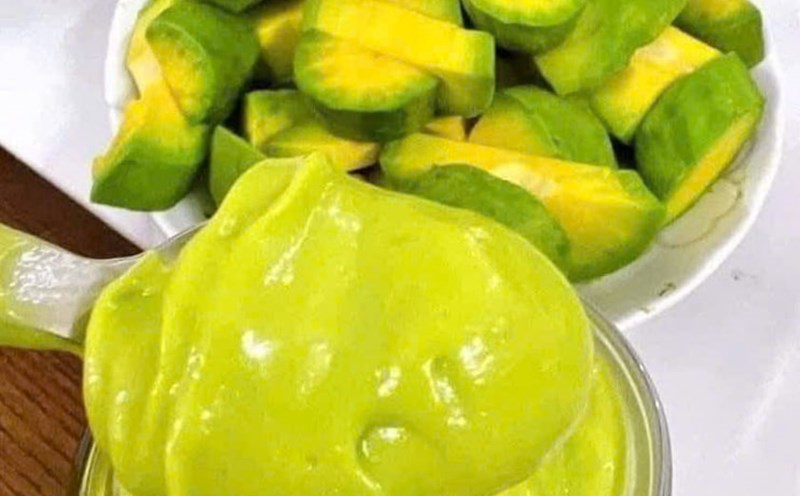In particular, dinner plays a particularly important role: if eaten too much salt, too much protein or too much potassium in the evening, the kidneys will have to work harder at night, leading to edema, difficulty sleeping, and even aggravating kidney damage.
Here are the recommended food groups for dinner.
South American carp (sally) or steamed carp
Carp and tilapia provide high-quality protein (20 g/100 g) but have a lower phosphorus content than red meat. Fishing star fruit helps regenerate tissue, reducing fatigue without creating a metabolic burden for the kidneys.
Research in the Journal of Renal Nutrition shows that dinner with 100 grams of steamed fish, eaten with low- potassium vegetables, helps reduce urea blood levels by 15% after 3 months in patients with early-stage renal failure.
Use lean fish 2-3 times a week instead of red meat to protect kidney function.
This dish should be steamed or steamed very lightly, do not use salty fish sauce, eat with white rice or diluted congee.
Low-calorie vegetables
Many vegetables contain very high levels of potassium (almonds, water spinach) which can increase blood potassium. However, vegetables such as squash, cabbage, and kohlrabi have a low potassium content (about 100-150 mg/100 g) but are rich in fiber, which helps reduce the absorption of thousand-poisoning.
Adding low- potassium vegetables to dinner helps reduce CRP (inflammation) and reduce the rate of hyperkalemia in people with kidney failure.
Boil or steam low- potassium vegetables, add the boiling water to reduce the amount of minerals, use for dinner to help relieve the stomach and make it easier to sleep.
You should boil or cook the soup lightly, without adding sweeteners, without stir-frying a lot of oil.
Easy-to-eat starch
People with kidney failure need energy but limit protein and minerals, so white starch (white rice, white congee) is a safe source of energy, low in potassium and phosphorus.
Eating dinner with congee or soft rice helps digestion faster, reducing pressure on the kidneys at night.
WHO emphasizes the role of easy-to-digest starch combined with low- potassium vegetables in stabilizing blood sugar and reducing the filter load on the kidneys.
Cook diluted congee or soft rice, you can add a little olive oil to increase energy without affecting the kidneys.
People with weak kidneys should eat blatantly: Reduce salt to less than 2g/day, do not eat pickled melons or pickled eggplant.
Limit drinking a lot of water at night: Just drink just enough so as not to cause edema or difficulty breathing at night.
Avoid fast food: sausage, canned meat contains a lot of hidden sodium and phosphorus.
Divide your portions: Eat a moderate amount, do not eat too much at night to reduce the filter pressure on the kidneys.








